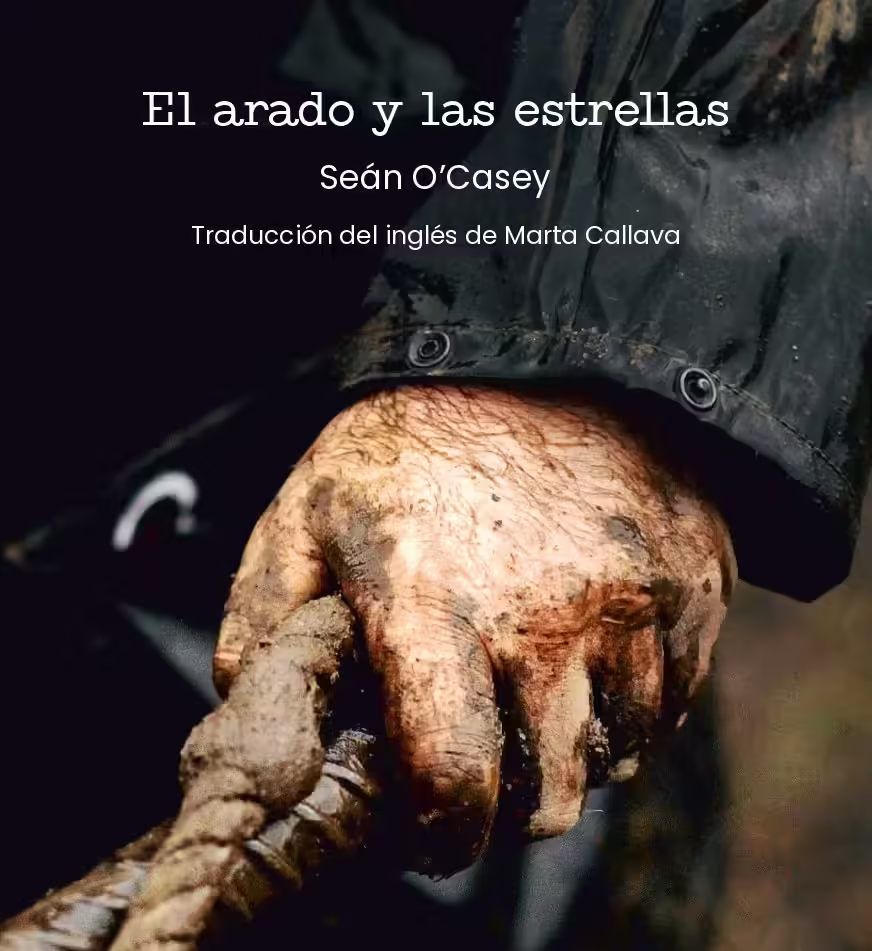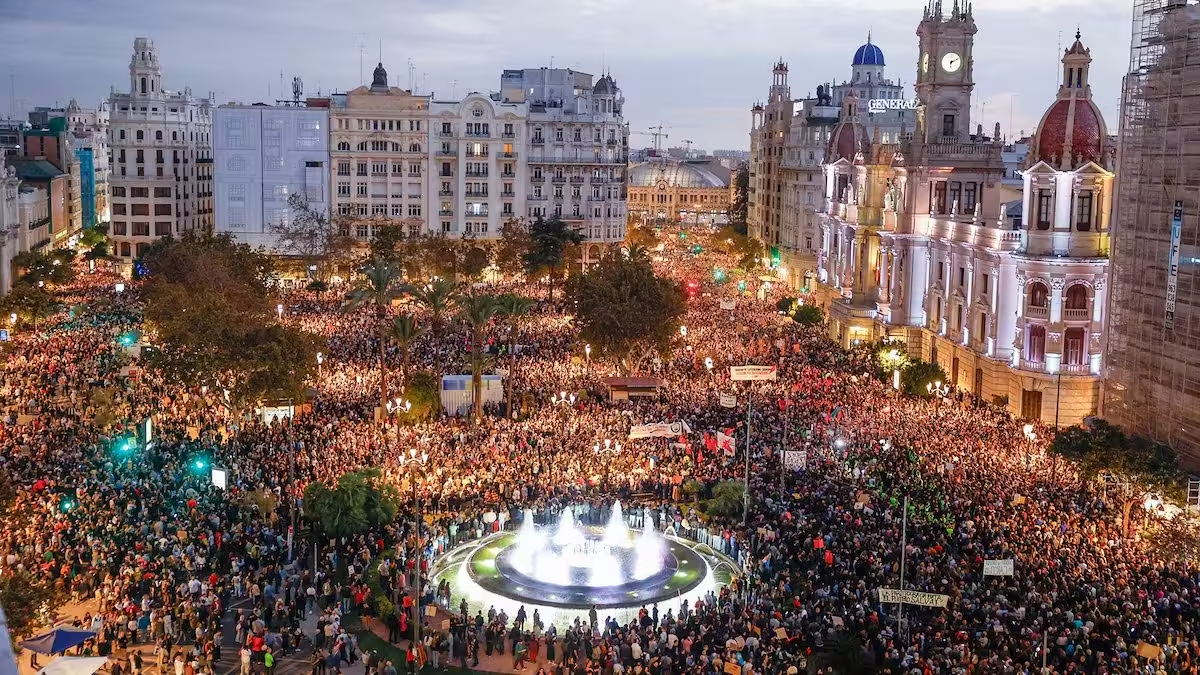Sean O’Casey Finds His Spanish Voice
Sean O’Casey’s The Plough and the Stars is being published in Spanish for the first time by Ybernia, a traditional bilingual publishing house with support from Literature Ireland. The Spanish translation, by Marta Callava, reflects her deep love for Ireland and its culture.
There will be two launch events to celebrate, a dramatized reading at Tipo Infames on November 14th, and another at the Irish Embassy on November 27th. In her article Sean O’Casey Finds His Spanish Voice, Marta shares how translating O’Casey’s work became a bridge between Ireland and Spain.
Sean O’Casey Finds His Spanish Voice
By Marta Callava
My encounter with O’Casey began through theatre itself – under the grey skies of the Irish capital after I had moved there in 2008. As a member of the Dublin ensemble Firedoor Theatre, I took part in a rehearsed reading of Three Dublin Plays during the annual Sean O’Casey Festival, held in the very working-class neighbourhood of East Wall. The playwright actually didn’t live there, but it is representative of the Dubliners he wrote about. I was captivated by how he used language to turn ordinary people into authentic, unforgettable characters. When I read his work for the first time, I remember being puzzled about the phonetic writing, the witty idioms obscure to me, the wealth of cultural references to Irish history and political events. To make sense of it all, I had to make a research exercise that eventually allowed me to appreciate the culture of my country of adoption even more. Overall, I could feel the rhythm and humanity behind every line of dialogue, and picture in my head those characters that could very well have come out of Valle Inclán’s pen. Inclán, the great Spanish dramatist who belonged to the ’98 Generation, was often daring and challenging in the same way O’Casey was.
Links between Ireland and Spain
Years later, at a time when I was training in literary translation, I went to a production of The Plough and the Stars in the Abbey Theatre, and I wondered whether O´Casey´s plays had ever been translated into Spanish. They barely had, and definitely with no publicity about it. Apart from an Argentinian version published in the sixties as part of a collection, and the translations of The Shadow of a Gunman and Red Roses for Me that playwright Alfonso Sastre produced to stage them himself, the most relevant Irish playwright of the 20th century remained largely unknown in Spain despite the historical, emotional, and literary bonds that have always existed between the two countries. O’Casey’s vision of society – the class divisions, the struggle for political freedom, its fun and cheeky characters – felt so relevant to Spain that I resolved to bring his masterpiece to the Spanish audience.
The connection between Ireland and Spain has always run deep. Beside the cultural similarities, both nations have experienced cruel internal divisions in the name of politics, and the tension between idealism and survival. O’Casey wrote about men and women trying to survive while history unfolded around them. In that sense, the Dublin tenement dwellers could easily be bohemian madrileños of the early twentieth century finding their way around a harsh city in the turmoil of change.
Interesting characters
Attempting to translate O’Casey’s distinctive mix of politics, humour and poetry was as exhilarating as it was humbling. His characters continuously shift from street talk to lyrical outbursts full of rhythm and alliteration, which I tried to capture in Spanish using the same tricks as O´Casey did.
As I reviewed the last page of the formatted book, I realised that more than a translation, this was a conversation between Dublin and Madrid, between Ireland and Spain. I hope that this translation helps to get this marvellous play staged in Madrid and contributes to building yet another bridge between our sister cultures, bringing to life those immortal words of another great Irish writer, Oscar Wilde: ‘I regard the theatre as the greatest of all art forms, the most immediate way in which a human being can share with another the sense of what it is to be a human being.’
Visit Ybernia’s website to explore more titles:
Share this content:




2 comments